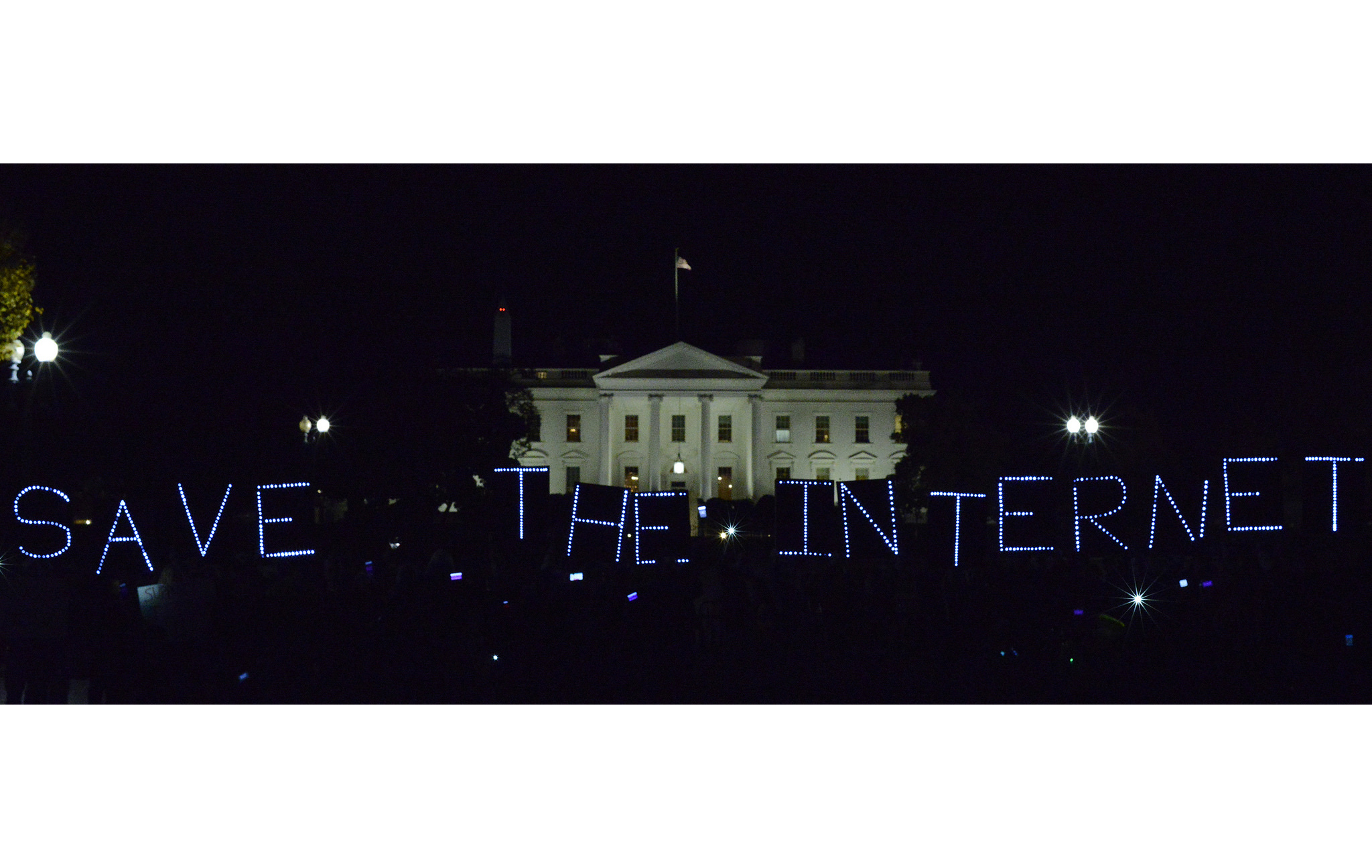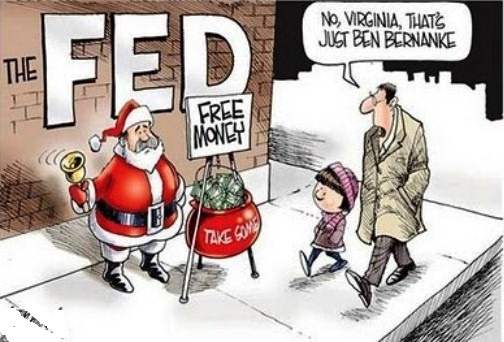“After more than a decade of debate and a record-setting proceeding that attracted nearly 4 million public comments, the time to settle the net neutrality question has arrived.” (1) Tom Wheeler, Chairman of the Federal Communications Commission, published an article on Wired.com announcing his proposed plans to settle the net neutrality debate. Net neutrality contends that Internet Service Providers (ISPs) such as Comcast and Verizon cannot discriminate on web traffic based on content alone. Essentially, these regulations prevent cable companies from prioritizing one user’s internet traffic over another. As the internet is a volatile place where even a small reduction in load times for a web page can mean thousands of lost customers, ensuring an equal playing field is paramount (2). Net neutrality is an important principle because it allows smaller innovators to compete at the same level as established companies. A much more in depth explanation of net neutrality and the issues surrounding it can be found in my previous article here.
Mr. Wheeler’s plans to focus on reclassifying the Internet as a utility using “Title II authority to implement and enforce open Internet protections.” (3) This would prevent ISPs from throttling their customer’s content (like Netflix) and would prevent the ISPs from being able to turn the Internet into a paid prioritization business similar to that of cable television. This has been in response to an overwhelming reaction from the public and tech companies alike. Previously, the FCC hosted an open online forum for the public to comment on these issues. During this time, the site was actually repeatedly brought down due to a massive wave of pro-net neutrality comments (4).
Some of the main concerns over these new rules have been over the negative effects of government regulation on businesses. (5) Although the details of the proposal have not been released, Tom Wheeler stated that his proposed rules will “encourage investment in broadband networks.” Perhaps since government regulation isn’t necessarily ideal, Wheeler’s proposal seems preventative rather than regulation heavy (6). He stated that the FCC will not be implementing any regulations on rates that the ISPs can charge, in the hopes that this will still promote competition (7). With the exact details still a mystery, the idea is that these new rules will allow for the Internet to grow and innovate but prevent monopoly tactics by the ISPs. However as is the case with many of these regulations, a healthy dose of skepticism is required until the exact terms are released.
Large Internet providers such as Verizon will no doubt dislike these new proposals, as they give the FCC much greater power to oversee their business practices. Verizon was the original challenger to the FCC’s policy, and defeated it on the ground that it embodied governmental overreach. Siding with some of the more conservative members of the FCC and congress, Verizon holds the belief that the FCC oversteps its authority and that these new regulations will in fact stifle innovation and hurt consumers (8). Many have speculated that Verizon is going to take the fight to congress where it will rely on a Republican majority to fight these new regulations, however without bipartisan support they will likely have a tough time (9). With these new proposed plans condemning paid prioritization, it is likely that the legal battle will continue.
On the other hand, net neutrality activists see these new proposals as a victory for the Internet. While there is still frustration over the lack of competition in the telecom industry, these new regulations are seen as a way to prevent monopolistic business practices. In a time where society is increasingly reliant on the internet, there is still much to be done to ensure that it is free and open to everyone. Although the exact details of this proposal have not been released, it seems that these new rules are aimed at protecting net neutrality and the Internet as a whole.
References
(1) FCC Chairman Tom Wheeler: This Is How We Will Ensure Net Neutrality | WIRED (Wired.com)
(2) Impatient Web Users Flee Slow-Loading Sites (The New York Times), By: Lohr, Steve. http://www.nytimes.com/2012/03/01/technology/impatient-web-users-flee-slow-loading-sites.html
(3) http://www.wired.com/2015/02/fcc-chairman-wheeler-net-neutrality/
(4) FCC Comment Page Buckles To Its Knees After John Oliver Asks Everyone To Comment | Techdirt (Techdirt.)
(5) Net Neutrality Decision Could Mean More Big Brother Oversight (Net Neutrality Decision Could Mean More Big Brother Oversight)
(6) F.C.C. Approves Net Neutrality Rules, Classifying Broadband Internet Service as a Utility (The New York Times) By: Ruiz, Rebecca, and Steve Lohr.
(7) http://www.wired.com/2015/02/fcc-chairman-wheeler-net-neutrality/
(8) Republican FCC commissioners: Net neutrality plan misleads the American people – CNET (CNET)
(9) Net neutrality a big step nearer as Congress Republicans concede fight (Fortune Net neutrality a big step nearer as Congress Republicans concede fight Comments)



